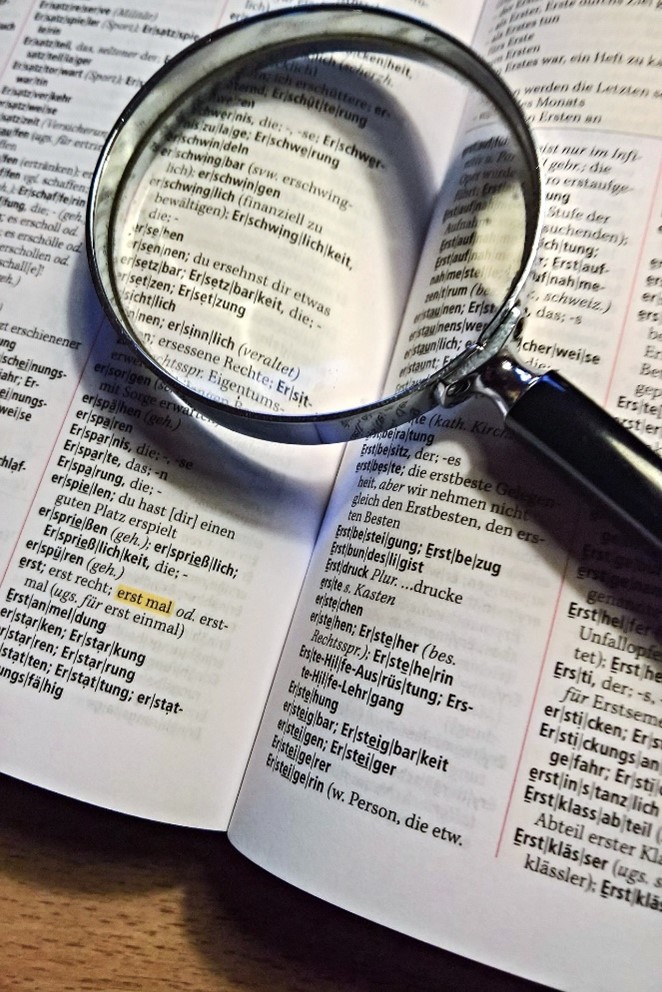Blog
2020.12.04
German language
New German Words and Disappearing German Words – A Guide to the 28th Edition of Duden
The Duden is an indispensable dictionary for translation work. Published by the German Bibliographic Institute, the Duden is the authoritative dictionary that also determines German orthography. This dictionary of German orthography is published every three to five years. On August 19, 2020, about 3 years after the last revision the most recent edition was published. Due in part to the impact of Covid-19, this revision includes many new words related to corona, bringing the total number of headline terms to 148,000, the most ever published.

Trends in added Headline Terms – Corona Terms and Environmental Terms
With 3,000 newly added words and 300 deleted words, the 28th edition of Duden is now being talked about for the addition of new corona-related words, including Covid-19 and English words that are being used in Germany as well as in Japan, such as Social Distancing and Lockdown. Additionally, German Covid-19 related words such as Reproduktionzahl (reproduction figure), Geisterspiel (sports game with no audience) and Atemschutzmaske (mask) were added as well.
Other words in the technology field, such as Ladesäule (ground-mounted charging station for electric cars etc.), Elektroscooter (electric scooter), Uploadfilter (upload filer) were added. Many words related to environmental issues have also been added, such as Repairecafé (Repair Café), Flugscham (flight shame) and Fridays for future.
On the other hand, some words have been removed, such as Hackenporsche (shopping cart), Fernsprecheranschluss (telephone connection) and Kabelnachricht (telegram). With the change of times these words are not being used anymore.
The Anglicization of the German language
This revision has also provoked various criticisms. Especially, the large number of English-terms that was added has drawn strong criticism from the conservatives. Besides the corona-related terms, terms such as Influencer and Hatespeech have been adopted as German words. Therefore, some people fear that the German language may decline due to the increase in English words.
Controversial Issues with gender neutral Language
The revised edition also includes a controversial note on the use of the “gender asterisk”. What exactly is the problem with this?
In German, the male and female forms of words such as persons, occupations and status are indicated by the ending “-er” for the male form and ending “-in” for the female form. For example, a Japanese man would be Japaner and a Japanese woman would be Japanerin. “Gender asterisk” refers to an asterisk “*” that is used as a neutral expression when gender is not specified. When referring to a Japanese person without specifying the gender, you would write Japaner*in for a single person and Japaner*innen for several persons. (Sometimes instead of the asterisk an underbar or slash is used.)
These spellings have always been considered problematic. Critics ridicule them as a broken language structure. The German Language Association has strongly criticized the inclusion of this type of language in standard German dictionaries, claiming that it is misleading. The authors of the Duden defend themselves by saying that they are only addressing the problematic nature of the issue and stating the best solution that is currently available,
Language is a living organism. Translators constantly have to update their knowledge and information as they work in a world that is changing with the state of society. At transeuro, our translators always make sure to be up to date with current topics regarding German language. If you are interested in German translation do not hesitate to contact us.



Leave a Reply